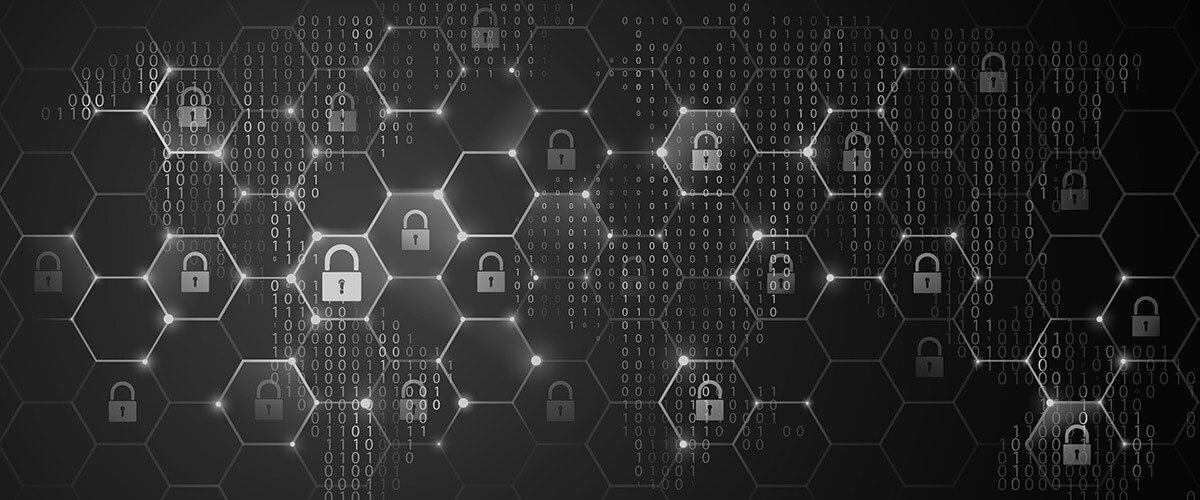
EC-Council Certified Security Specialist (E|CSS)
EC-Council Certified Security Specialist (E|Css) allows students to enhance their skills in three different areas namely Network Defense, Ethical Hacking, Digital Forensics and the cybersecurity industry.
Information security plays a vital role in most organizations. Information security is where information, information processing, and communications are protected against the confidentiality, integrity, and availability of information and information processing. In communications, information security also covers trustworthy authentication of messages that covers identification of verifying and recording the approval and authorization of information, non-alteration of data, and the non-repudiation of communication or stored data

Description
Who is it for?
This course will benefit students who are interested in learning the fundamentals of information security, network security, and computer forensics
Training Duration
5 days (40 hours)
About the Exam
Number of Questions: 100
Test Duration:
3 hours
Test Format:
Multiple Choice Questions
Passing Score:
70%
